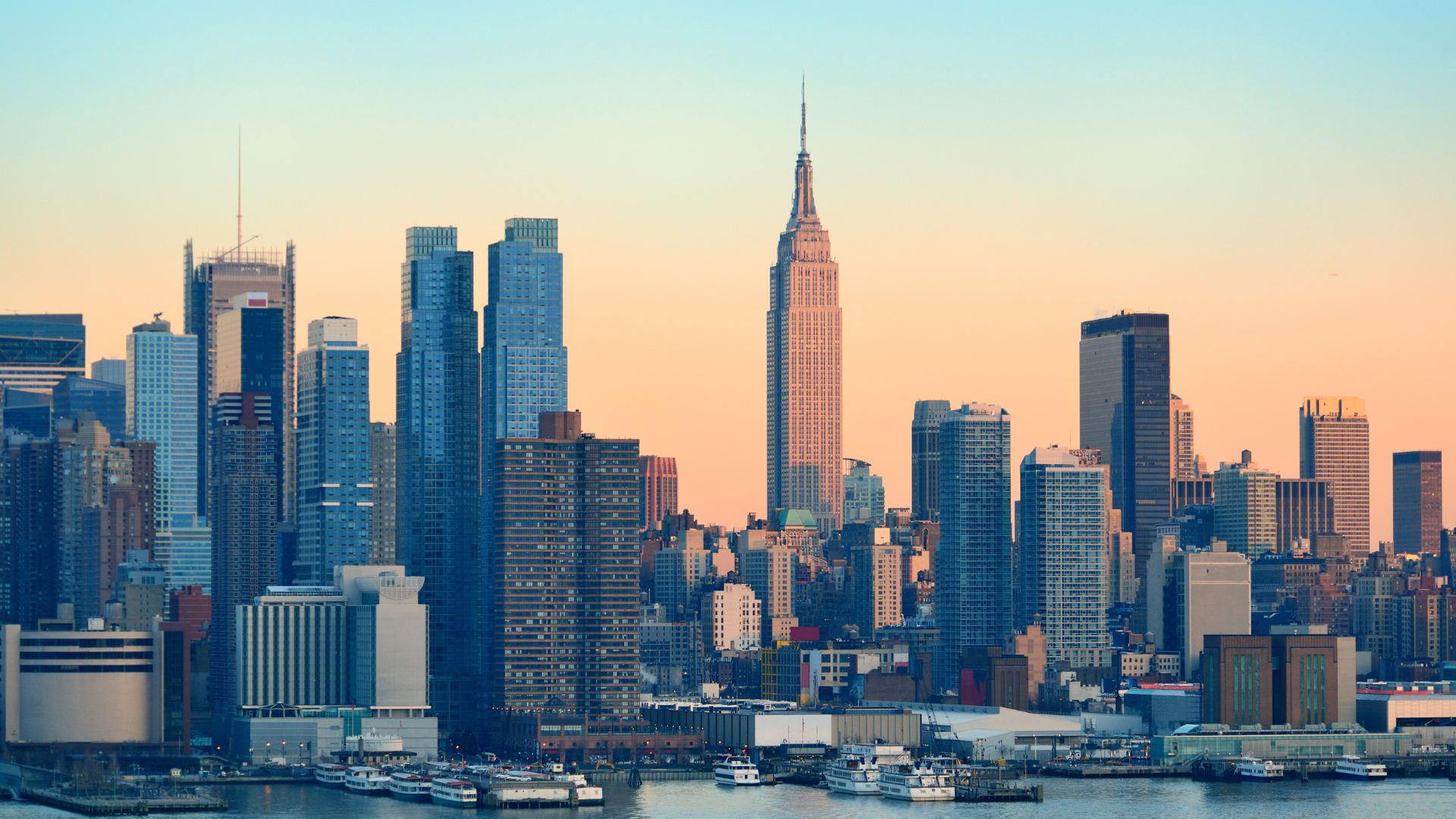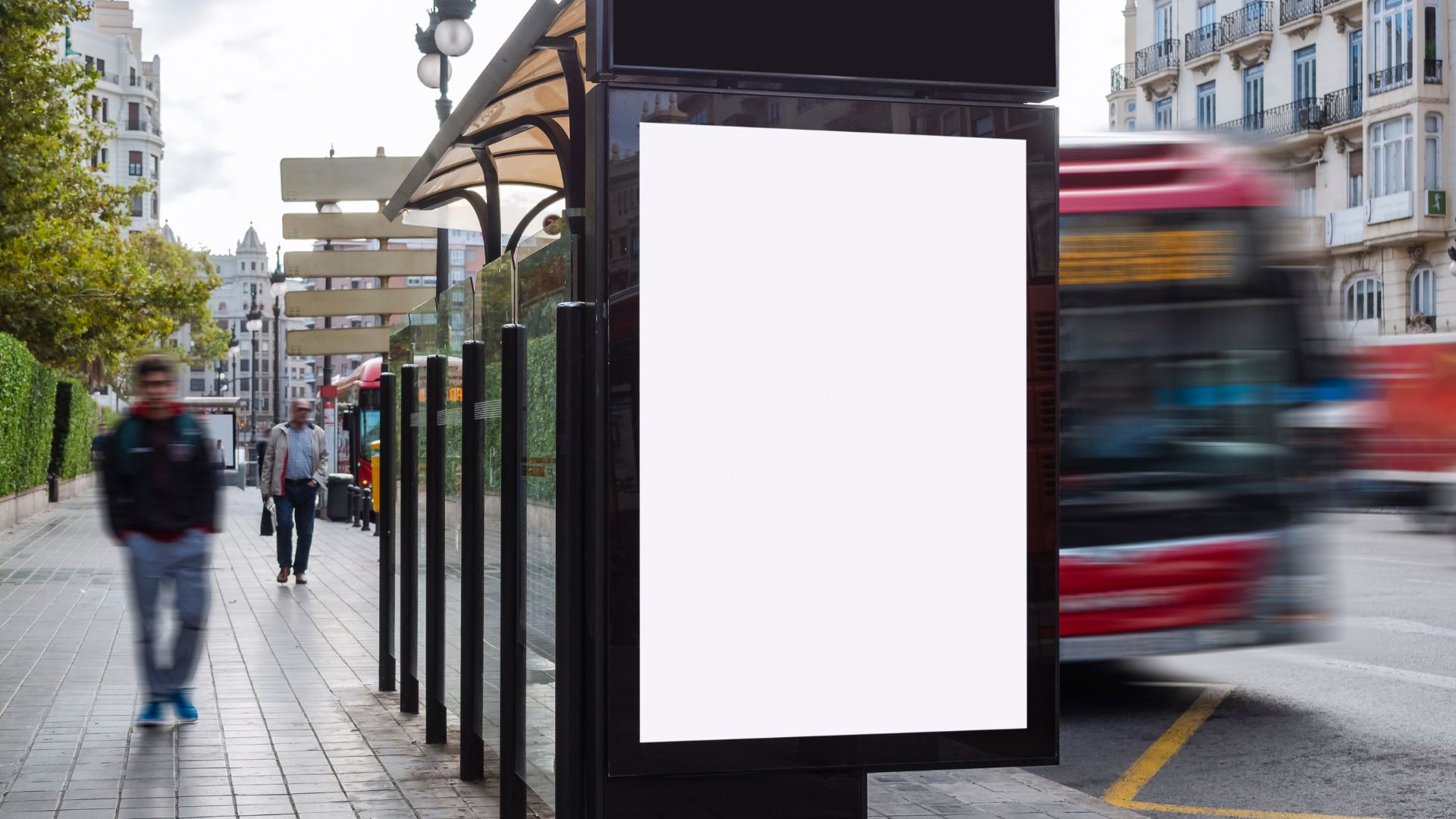Inclusive Advertising: Ensuring Representation and Diversity in Urban Design

Inclusive advertising is vital for creating urban environments that reflect the diversity of their inhabitants. Ensuring representation in advertising not only promotes social equity but also enhances the relevance and impact of campaigns.

One key approach is to feature diverse faces and stories in advertisements. By showcasing people of different races, genders, ages, and abilities, advertisers can reflect the real-world diversity of urban populations. This representation fosters a sense of belonging and inclusion among viewers.

Cultural sensitivity in design and messaging is also crucial. Advertisements should respect and celebrate the cultural contexts of the communities they target. This involves using culturally appropriate imagery and language, and avoiding stereotypes and biases.

Interactive and community-driven campaigns can further promote inclusivity. Engaging local artists and community members in the creation of advertisements ensures that the content resonates with the audience. For example, murals and public art projects that involve local talent can reflect the unique cultural identity of a neighborhood.

Additionally, accessibility is a key aspect of inclusive advertising. Ensuring that digital and physical ads are accessible to people with disabilities is essential. This includes providing alternative text for digital ads, using clear and readable fonts, and ensuring physical ads are placed in accessible locations.
By prioritizing representation, cultural sensitivity, community engagement, and accessibility, advertisers can create inclusive urban environments that resonate with diverse audiences.




